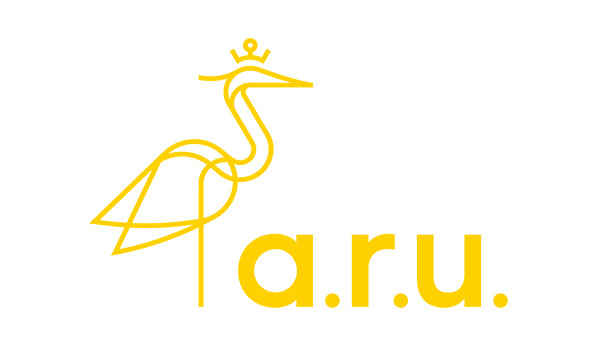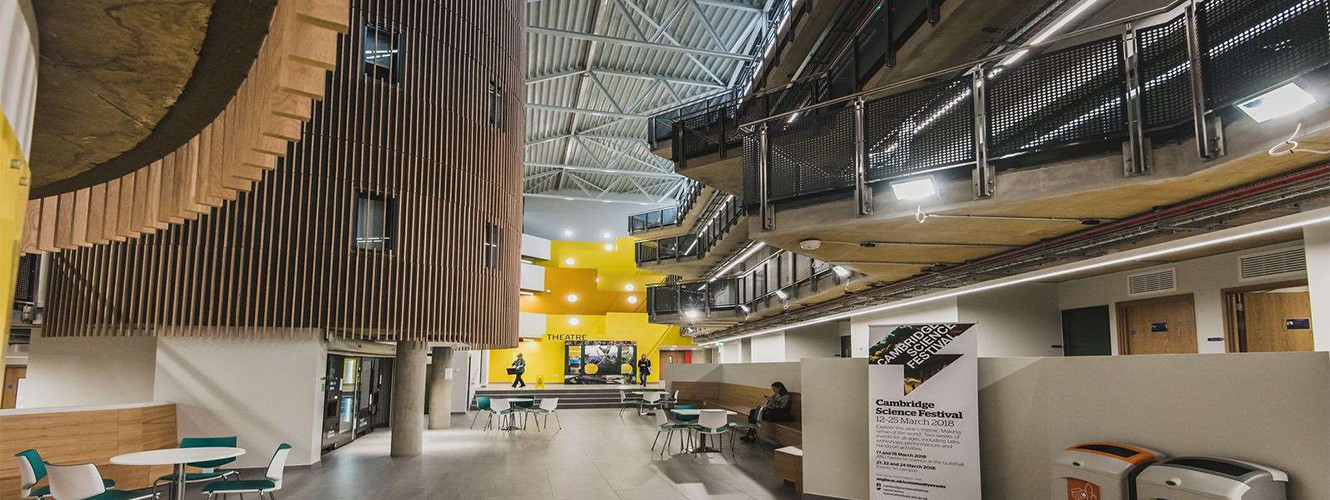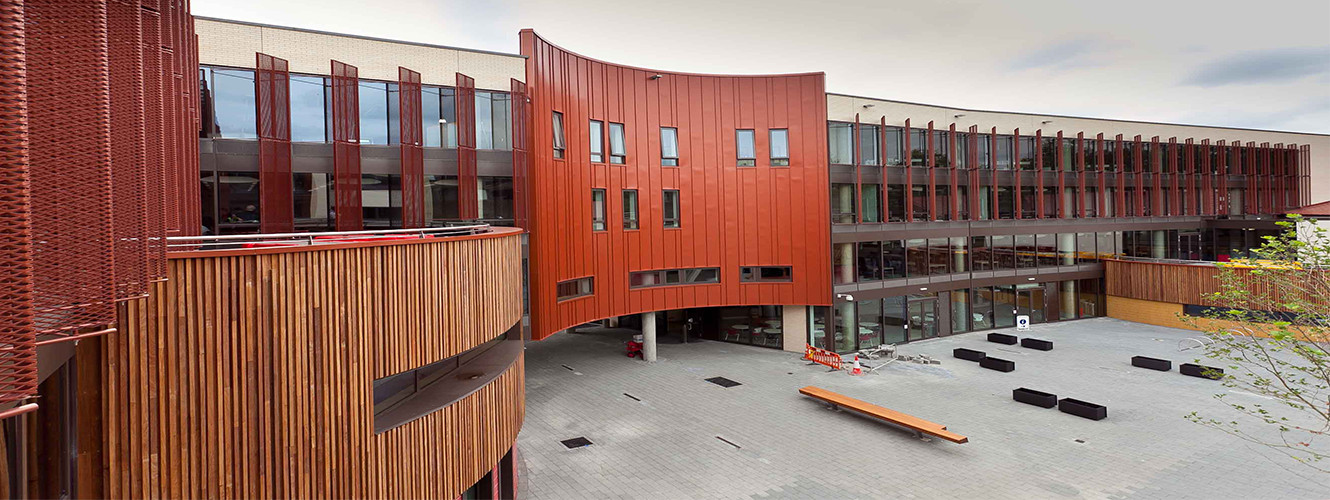UK108 MEng (Hons) Mechatronics and Robotics Engineering Anglia Ruskin University
-
THÔNG TIN CHUNG
Engineering is in everything and an engineer is continually looking at how to improve products and the world. It’s about taking a product or system seeing whether it can change to meet demand – whether that is in development, processing, design, or even the materials used.
Our new four-year MEng Mechatronics and Robotics Engineering degree course is about combining the mechanical with the electrical. It's been created with a focus on project-based learning, allowing you to take the theory you've learned in class and apply it in a hands-on project module that runs throughout Year 1.
You will study alongside other mechanical engineering students, specialising in mechatronics and robotics manufacturing in your final year and in certain modules throughout your course. You will focus on the electronic application of engineering – how this can blend with mechanical engineering to move technology forwards.
While studying our Mechatronics and Robotics Engineering degree course, you will learn through a wide range of lab sessions. We explore manufacturing, 3D printing, thermodynamics, dynamics, and structural analysis so you can analyse, calculate, model, and experience your proposed concepts. As a part of your project-based learning you work in a multidisciplinary team with students from different areas of mechanical engineering. This integrated learning will allow you to develop skills that area invaluable to future employers, including analytical and creative problem-solving skills. You’ll also benefit from dedicated support from our experienced staff, who are experienced industry professionals and expert researchers.
Our Mechatronics and Robotics Engineering course leads you through computer-based advanced design, simulation and modelling practice in various topics including computational engineering, fluid dynamics, stress analysis, and industrial management.
You’ll benefit from using our workshop and laboratory facilities. These include CAD/CAM and engineering computer modelling centre, industrial-scale CNC milling and lathe machines, metal and plastic rapid prototyping machines, scanning electronic microscope, Instron bi-axial fatigue-testing machine, tensile-testing machine, material-preparation facilities, welding equipment, electronic testing and measuring equipment such as oscilloscopes and signal generating and testing facilities, wind tunnel, air compressors, steam engine and many more.
What is the difference between a BEng and an MEng course?
A BEng course will enable to you apply for Incorporated Engineer (IEng) status at the end of your course. To apply for Chartered Engineer (CEng) status you will also need to complete a Masters degree.
A four-year MEng course is a three-year undergraduate degree with a one-year Masters degree in one course. On completing an MEng course you are able to apply directly for CEng status.
Students completing an IMechE accredited degree are deemed to have met, part or all, of the academic requirements for registration as a Chartered or Incorporated Engineer and are in a strong position to move on to achieve professional engineering status after a period of initial professional development in industry.
January intake students will complete Year 1 between January and August (Trimester 2 & 3), however, Year 2 and 3 will be completed during trimester 1 & 2 between September and May. This means January intake students will only take a one-month summer break in Year 1 and will start Year 2 in September the same year they started the course. Therefore students are expected to graduate this MEng course in 3.5 years.
-
CƠ HỘI NGHỀ NGHIỆP
Mechanical engineering is possibly the most varied discipline in engineering. It deals with with materials, static and dynamic analysis, structural design, renewable energies, thermal engineering, product quality assurance, and manufacturing.
You'll have the opportunity to work in industries such as aerospace, automotive, medical, renewable energies, 3D printing, and almost any product development and product-related application.
We work with employers to make sure you graduate with the knowledge, skills and abilities they need. They help us review what we teach and how we teach it – and they offer hands-on, practical opportunities to learn through work-based projects, internships or placements.
In addition to our links with industry, our Employability Service and Placements Team offer opportunities to gain experience and employment through internships and career fairs. You can also take advantage of mentoring schemes, CV surgeries and interview preparation sessions.
- ĐIỀU KIỆN ĐẦU VÀO
- ĐIỀU KIỆN NGÔN NGỮ
- HỌC BỔNG
- ĐỊA ĐIỂM
Tóm tắt
-
Phí ghi danh
0
-
Độ dài khoá học
4 năm
-
Kỳ nhập học
Tháng 9
Phí Cơ Bản
-
Loại Tiền
-
Học Phí
Trên năm -
Phí Sinh Hoạt
Trên năm -
Tổng






